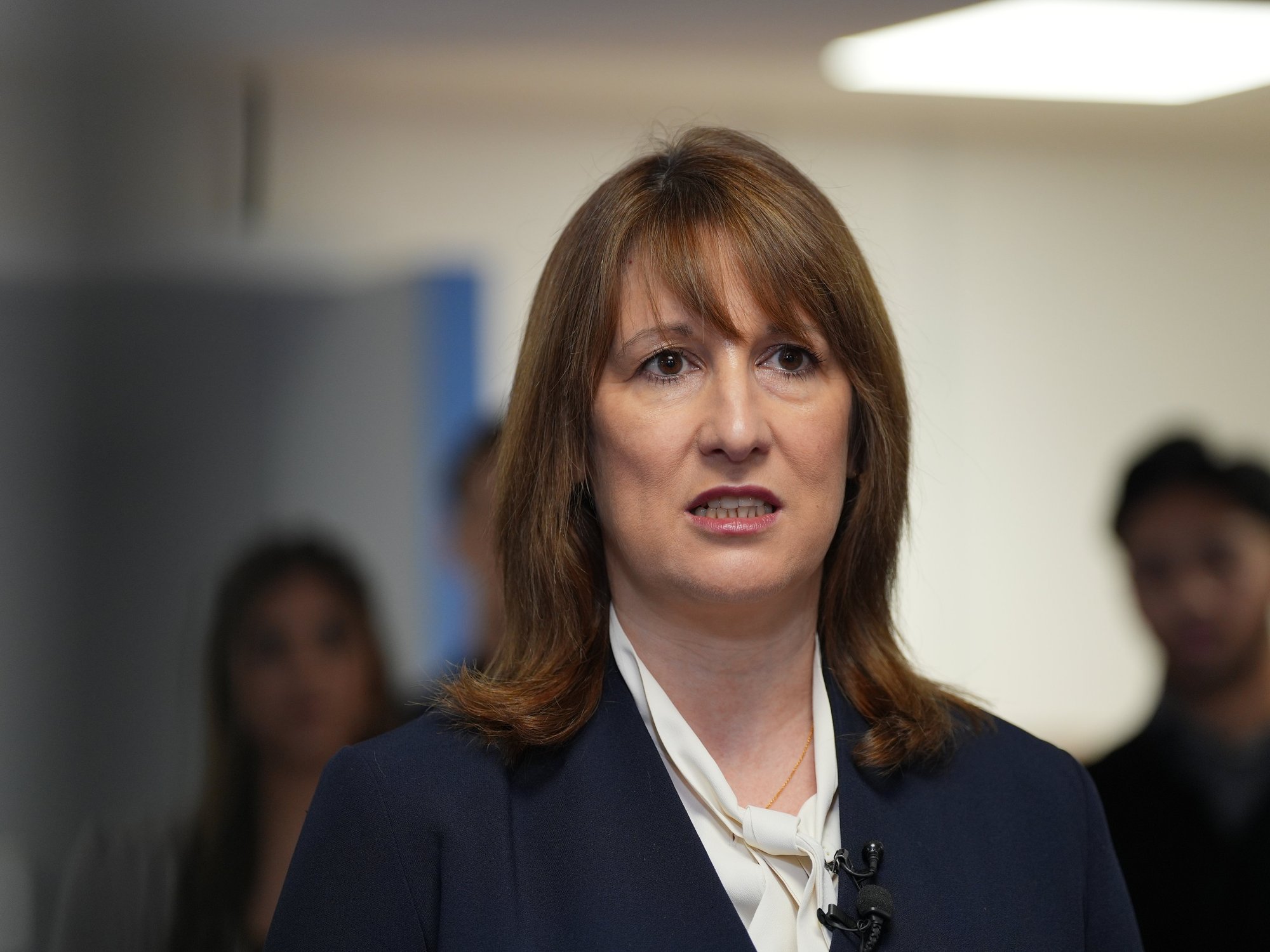State pension age is rising and the way it increases has changed

The state pension age is due to rise to 67 between 2026 and 2028
|PEXELS

State pension age changes mean Britons are having to wait longer before they can claim the payment from the Department for Work and Pensions (DWP).
Don't Miss
Most Read
The state pension age has been rising in recent years, previously standing at 60 for women and 65 for men.
The age a person can claim the state pension has now reached 66 for men and women, and further changes lie ahead.
It’s due to rise to 67 between 2026 and 2028, then a further increase to 68 between April 2044 and April 2046, although the way this is implemented has changed.
Previously, affected people born between specific dates would reach state pension age on a given day.

A person must reach state pension age before they can get the state pension
|PA
For example, anyone born between September 6, 1954 and October 5, 1954, reached state pension age on September 6, 2020.
The way in which the increase is phased has changed for the upcoming rise to 67.
It means people born between April 6, 1960 and March 5, 1961 will reach their state pension age at 66 years and a specified number of months.
For instance, those born between May 6, 1960 and June 5, 1960 will have a state pension age of 66 years and two months.
People born between June 6, 1960 and July 5, 1960 reach state pension age when they’re 66 years and three months old.
While these timetables are online, there’s also a ‘Check your state pension age’ tool on the government website.
Users need to select whether they want to check their state pension age and Pension Credit qualifying age or their free bus pass age.
They then need to enter their date of birth into the tool.
Those checking their state pension age will then be told what their state pension age and Pension Credit qualifying age is, for instance 67, and the date they will reach it.
LATEST DEVELOPMENTS:

Mel Stride is the Work and Pensions Secretary
|PA
Plans to accelerate the rise in the state pension age were mooted earlier this year, ahead of the publication of the state pension age review led by Baroness Neville-Rolfe DBE, CMG, which was published in March.
The report pointed out there are many factors to consider when setting the state pension age timetable, including sustainability and affordability as well as intergenerational fairness.
Her recommendations included two metrics:
- “The proportion of adult life that people should, on average, expect to spend in retirement should be up to 31 per cent
- “The government should set a limit on state pension-related expenditure of up to six per cent of Gross Domestic Product.”
Based on these metrics, state pension age would rise to 68 between 2041 and 2043.
Despite the recommendations, the government has confirmed the timetable will remain unchanged “for the time being”.










